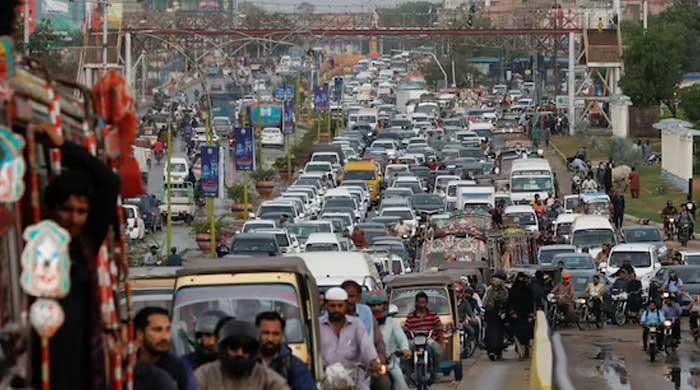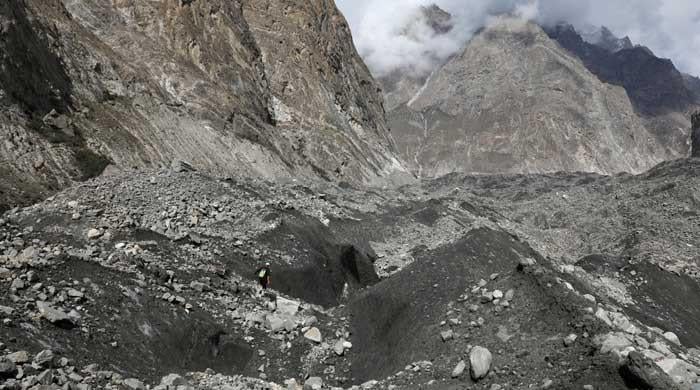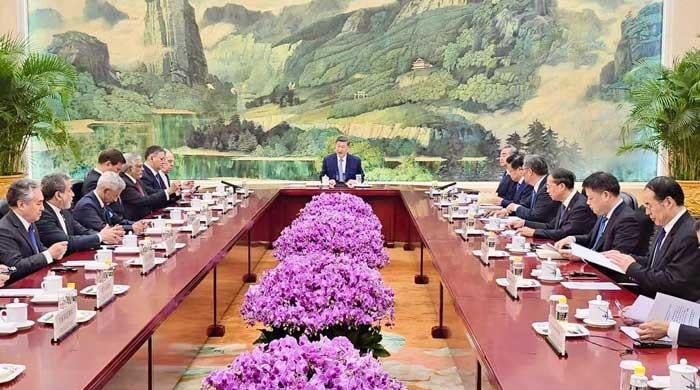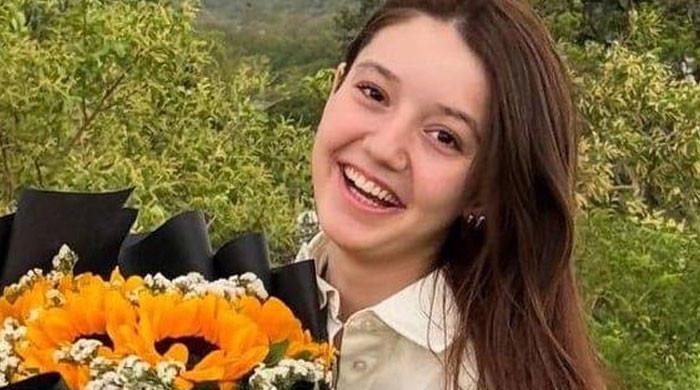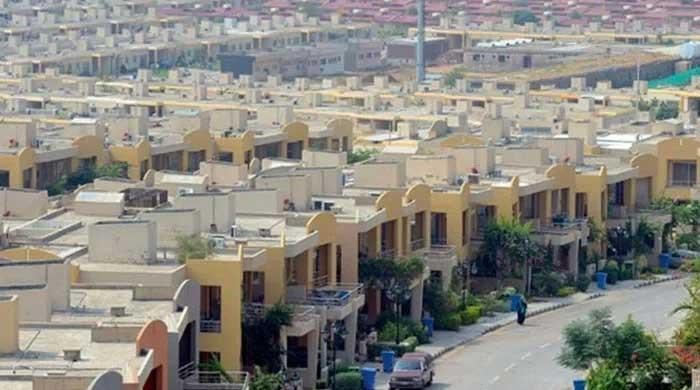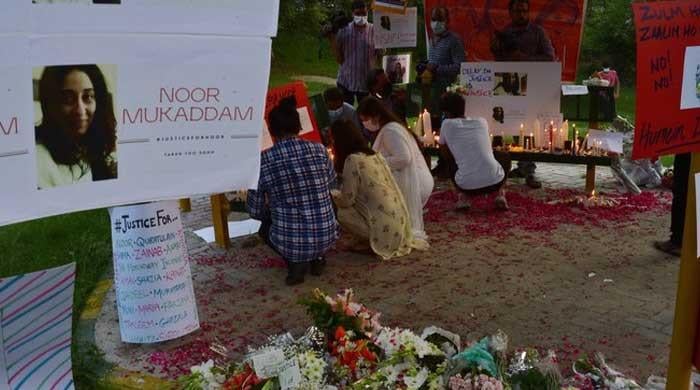'Tera Pakistan, Mera Pakistan'
After 70 years of the creation of Pakistan, why do the people of Parachinar feel lesser Pakistani?
August 13, 2017
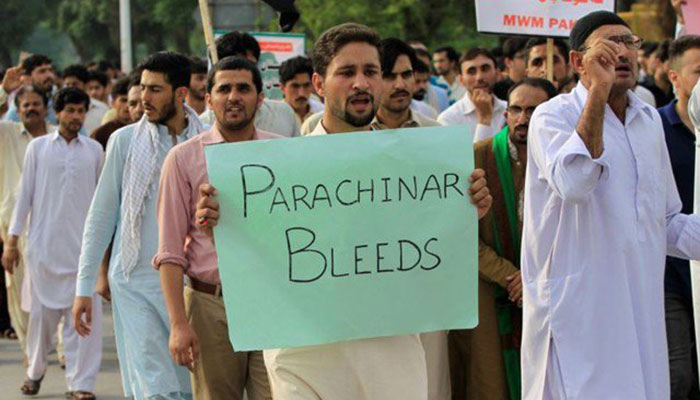
Before 2007, every August, Pakistan’s Kurram Agency was loud, with the riotous laughter of children on the streets, and large adult gatherings. August was the month of homecomings. When rice and tomato seedlings had been planted. When humidity and soaring temperatures, in the rest of country, were unbearable, the men packed up their tools and returned home to the cool and breezy climes of the tribal northwestern Agency.
Even more festive was August 14, the day Pakistan was created. In Parachinar, the capital of Kurram, barbecues and picnics would dot the parks. Green and white flags fluttered on the rooftops, shops and cars. Children would pin patriotic badges on their shirts.
Then there were the official celebrations at the political agent’s office, Governor house and other government offices around the valley. Later in the day, the football stadium would swell up to watch youngsters sing the national anthem, preform short plays and remember 1947.
It is not the same anymore in Parachinar. It hasn’t been the same in over ten years. On August 8, 2008, a war began from Lower Khurram and soon spread to the rest of the Agency. Local tribes supported by the Pakistan Taliban killed several villagers and displaced thousands. For three years after, the town was under siege by the militants who cut off all land routes.
The people of the valley became cautious and the streets quieter. August was no longer a month of festivities.
There was death and destruction and much hopelessness.
For those three years, on August 14 black flags replaced that of Pakistan’s on rooftops, shops and cars. The badges were discarded. For the men with guns, Independence Day was a black day.
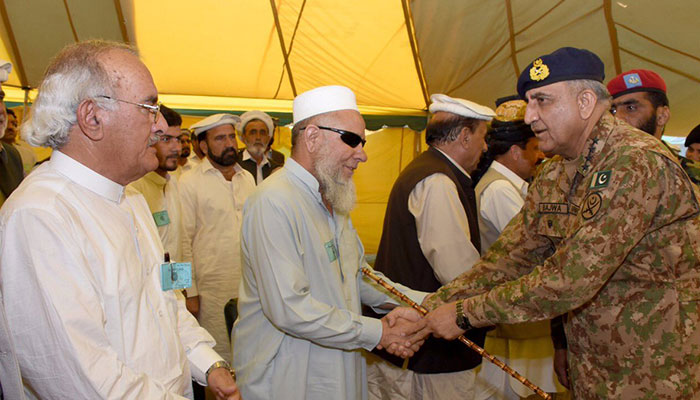
The blockade finally ended in 2011, when the Armed forces imposed its writ in the valley. The people celebrated. Men smoked openly and passed around sweets. But quietly, they remembered the three years they felt forgotten by the government.
Today, there is no all-out war in Kurram Agency. But we are still not safe. We are still under attack. This year there have been six deadly terror assaults in Parachinar. Over a 100 people have been killed. One of bombers struck shoppers on the eve of Eid holidays.
The Parachinar of 2017 is quiet. It feels empty. These days there are bombs blasts followed by protests and sit-ins. Although the Pakistan Army has begun some infrastructure work in the area, little help has come from the national government. There are few doctors to tend to the injured and even fewer hospitals.
This August 14, after 70 years of the creation of Pakistan, why do we, the people of Parachinar, feel lesser Pakistani? We too love this country. We too should feel secure.
Turi is a political activist of the Awami Workers Party.
—Editing by Benazir Shah
Disclaimer: The views and opinions expressed are those of the author and do not necessarily reflect the official policy or position of Geo News or the Jang Group.




